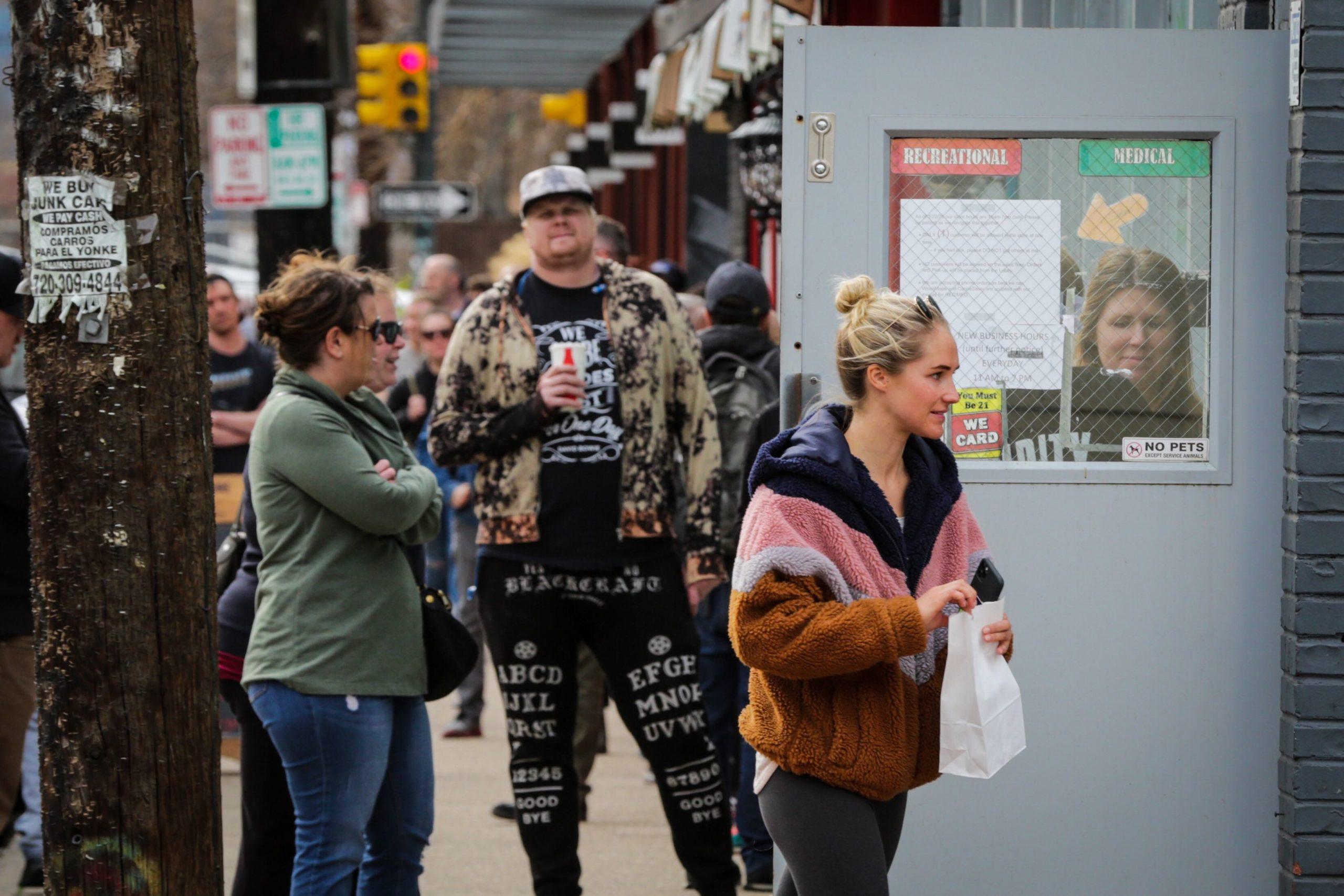
Like so many things about 2020, cannabis sales in Colorado were outrageous; people spent more than $2 billion on products. That's more money than they ever have before.
That total continues the industry’s upward trajectory and breaks the previous record set just the year before in 2019.
“We definitely saw a huge uptick in sales in March when... we really had all the public health orders go into effect,” said Brooks Lustig, co-founder of Seed & Smith, a Denver-based marijuana cultivator, concentrate manufacturer and dispensary.
Before the pandemic, Lustig’s company offered behind-the-scenes tours like a brewery but for cannabis, which meant most of their customers were tourists. When the pandemic forced people to stop traveling, he saw their absence made up by locals shopping at the dispensary.
The boost in spending on cannabis, Lustig thinks, was a result of people being stuck at home and eager to relieve stress and anxiety.
“They wanted to try something new or different,” he said. “They were interested in getting a little bit of a buzz or whatever it may be.”
The increased sales weren't just in the recreational sector. Medical marijuana sales increased by almost 20 percent compared to 2019. Coloradans also bought more liquor in 2020, too.
The question for 2021 is whether these trends will continue.
Lustig is optimistic about that; he said marijuana sales haven’t really slowed down since that original spike in early spring 2020. But Alex Levine, co-founder of the Green Dragon dispensary chain, disagrees. He thinks it’s unlikely people in the state will keep buying like this.
“Some of what you're seeing is this artificially high number from panic buying,” he said.
For Levine, the most exciting thing to happen to the industry in 2020 wasn’t the sales at all. It’s the decision, early in the pandemic, to keep dispensaries open through the shutdowns. In Denver, the mayor's stay-at-home order originally would have closed marijuana retailers, but when long lines of panic-buyers formed outside the businesses, the city quickly reversed course.
“The cannabis industry being deemed as essential isn't something that was just, like, trivial or good for business,” Levine said. “It really was actually politically important.”
Levine said it's a major milestone for the cannabis movement.
“This thing goes from something that politicians won't even discuss to now it has to be debated,” he said. “The status of the cannabis industry in general has been elevated.”









